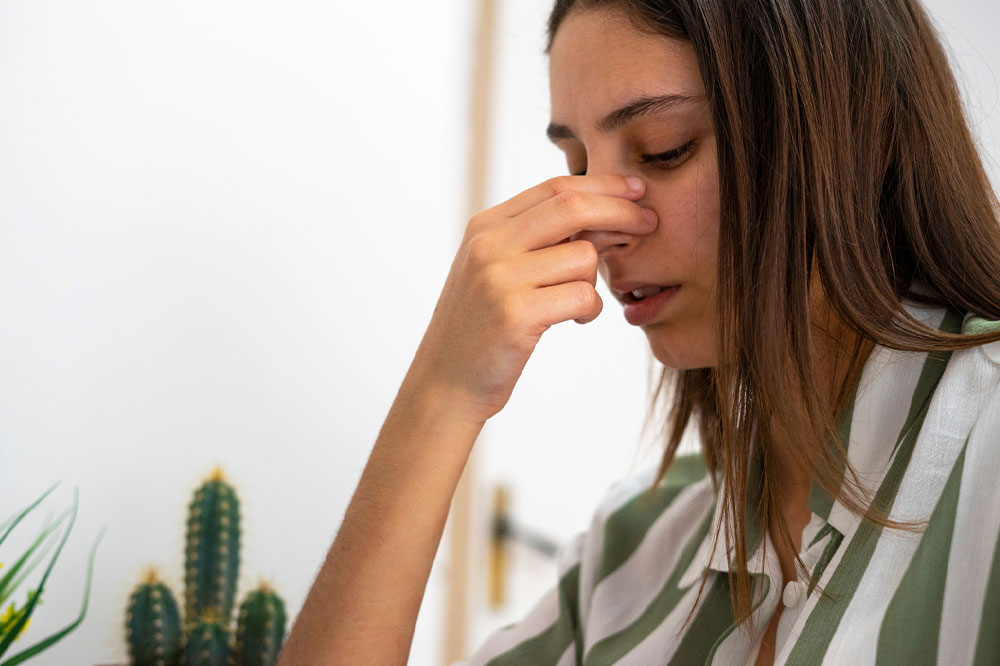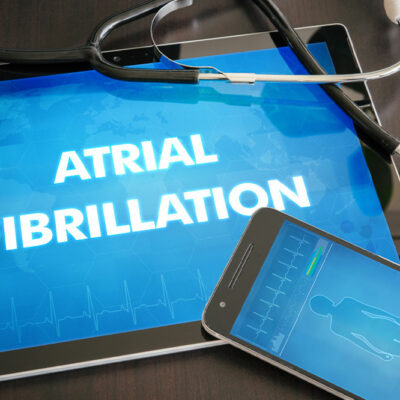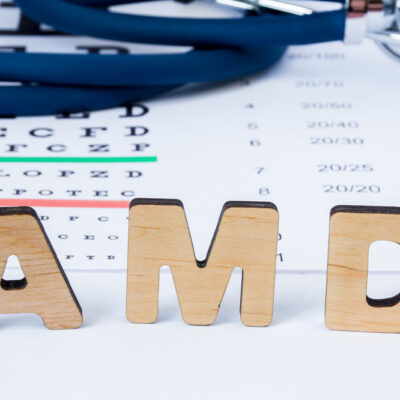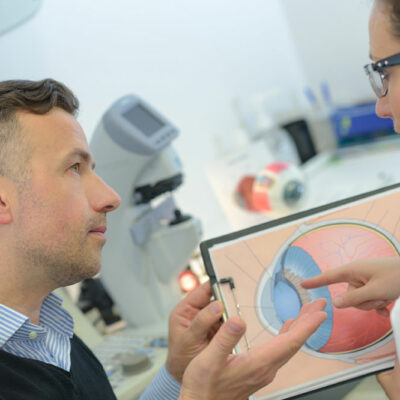Signs, diagnosis, and prevention of nasal polyps

If you have been facing difficulty while breathing or feel that your sense of smell or taste has decreased, chances are that you may have nasal polyps. Though it is a common health condition, knowing more about it is necessary, not just because it causes discomfort; one-sided nasal polyps growth may indicate a cancerous tumor. Read further to learn more about nasal polyps, symptoms, causes, diagnosis, and lines of treatment.
Nasal polyps
They are soft, benign, and painless growths on the lining of sinuses or nasal passages. They are sac-like in appearance and vary in size and shape. Sinuses are located inside the facial bones and are air-filled spaces. They are connected to your nasal cavity and help you breathe. Nasal polyps, especially when they grow in size, act as obstructions, cause trouble breathing, and usually affect both sides of your nasal passages. According to the research, 4% of people worldwide suffer from this condition .
Causes
Although the exact cause of nasal polyps is unknown until now, it is attributed to long-term or recurrent inflammation of the mucus membranes of the sinuses or the nasal passages. It is often caused due to conditions such as asthma, long-term sinus infections, cystic fibrosis, sensitivity to aspirin, allergic fungal sinusitis (caused due to fungi in the air), vitamin D deficiency, abnormal inflammation of the blood vessels caused due to Churg-Strauss Syndrome, or a family history of nasal polyps. Age is also a contributing factor. People over 40 are more likely to be affected by this condition.
Symptoms
When they start to form, nasal polyps may not present any apparent signs and symptoms. Signs begin to show when they increase in size or occur at multiple points in your nasal passages. Still, the signs and symptoms of this condition may vary from person to person. Some of these symptoms that you should look out for include postnasal drip, decrease or loss of the sense of smell or taste, runny nose, difficulty breathing through the nose, and itching around the eyes. Other indicators are chronic cough, pain in the facial area, recurrent headaches, nosebleeds, pain in the upper jaw or teeth, a feeling of pressure in the forehead region, sudden snoring, or a blocked nose that may make your voice sound different.
Complications
When nasal polyps are not treated in time, they may cause several complications. It usually happens as they become bigger or grow in clusters. Some of the complications may include the following –
- Chronic or frequent infections of the sinuses
- Sudden severe trouble breathing.
- Double vision
- Inability or reduced ability to move the eyes around
- Excessive swelling around your eyes.
- Severe and recurrent headaches, often accompanied by high fever
- Inability to tilt the head forward
Other rare but possible complications of not treating nasal polyps in time could be meningitis or osteitis. Besides this, if you have one-sided nasal polyps, they need to be examined further. Polyps in one nostril are unusual and may be malignant sinus tumors.
Diagnosis
Whether you show any of the symptoms mentioned above or they are found during a routine examination, your healthcare provider will usually diagnose this condition through various methods, including –
- Examining your nose using a lighted instrument (usually enough for diagnosing nasal polyps)
- Health experts may advise patients to have a nasal endoscopy. It involves inserting a thin tube inside your nose with an attached camera and light to examine the inside of your nasal area.
- Imaging techniques such as computerized tomography (CT) scans may help your doctor know the exact location and size of the nasal polyps. These tests also help rule out structural problems with your nasal passage or cancerous growths.
- If your doctor feels that your nasal polyps are due to allergic reactions, you may be advised to take skin prick tests.
- If your nasal polyps are due to a vitamin D deficiency, you may be advised to take a blood test to determine your levels of this nutrient.
Treatment
If your nasal polyps have just started or are not too large, health experts will suggest treatments to shrink them. Some commonly used options are listed below.
Prescriptions
Your doctor may start with nasal corticosteroids to help soothe irritation and swelling in the nasal area. If nasal corticosteroids are ineffective in eliminating your polyps, you may have to take them orally or through injections.
Other treatments
Patients may be prescribed antihistamines to reduce the size of the polyps. These are also useful in clearing nasal congestion and reducing swelling. If the nasal polyps are due to chronic sinusitis, patients may be given treatments for this condition that would also improve their breathing and shrink the size of the polyps.
Surgery
Patients may have to undergo surgical treatments if these prescription treatments don’t help shrink or eliminate the nasal polyps. One such treatment is endoscopic surgery, in which polyps are removed using small instruments. After removing the polyps, the nasal fluids drain quickly, ventilating the nasal passages. This surgery may also involve enlarging the opening passages in the sinuses to allow proper breathing.
Coping mechanism
After the surgical procedure, taking certain steps to prevent nasal polyps from recurring is essential.
- Avoid exposure to pollutants or allergens from the outside air
- Use a humidifier to moisten breathing passageways
- Regularly use a saline spray to remove allergens
- Follow healthy lifestyle habits
Although harmless, when nasal polyps are allowed to grow, they may cause irritating symptoms. Therefore, consult a health expert whenever you experience any of these signs and symptoms. It will help in an early diagnosis and less expensive and minimally invasive treatment of this condition. Though they are relatively common and not necessarily a cause of concern, nasal polyps, if left untreated for a long time, can interfere with the functioning of nasal passages and sinuses.








